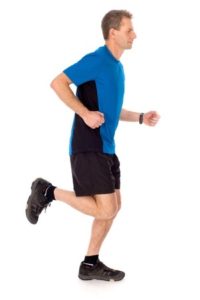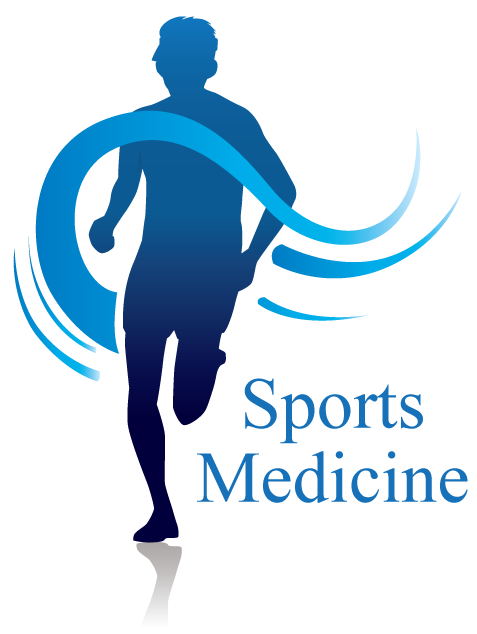Summertime and the Living Is Easy…Unless You Have a Sports Hernia

Summer: the wonderful time of year, when the sun is shining, the barbecue grill is hot and the pool (or ocean) beckons for swimming, surfing, etc. Warmer weather is a great excuse to get outdoors and get active. But whether it’s a pickup game of kickball with the family or a quick jog in the morning, innocent summer activity still carries a risk of injury.
We’ve all heard typical summer health warnings a million times – wear sunscreen and stay hydrated. Both are true to avoid heat stroke and skin cancer. But considering the increase in outdoor exercise, also there is a higher risk for sports hernias too.
A sports hernia injury can affect both the weekend warrior and the professional athlete. This injury involves a tear in the muscle or tissue of the lower abdomen, near the groin area. It can occur during any type of activity, and often is the result of sharp, twisting movements or quick changes in direction. Common symptoms include a sharp stabbing sensation at the time of injury and ongoing chronic pain, which may fade with rest, but returns with activity. Since a sports hernia can happen to anyone, it’s important to know how to avoid it and what to do if you suspect one.
With summer comes spending more time outside, getting up and moving more. But, if your winter included more hibernation than activity, you could be at an increased risk of sustaining a sports hernia. Muscles do not respond well to sudden, unexpected stress, so even a game of Frisbee in the park could spell trouble.
In order to help a prevent injury, focus on activities that train your core, the group of trunk muscles that support and stabilize your entire body. The most important thing that you can do is remember to stretch before beginning any type of athletic activity. Common exercises that work the abdominal area, such as crunches, can help build up core muscles. In addition, any activity that requires your core to work with other muscles ensures that you stay strong and balanced one key to preventing sports hernias.
Diet is also an important factor. A balanced diet includes complex carbohydrates, like those found in vegetables and whole grains. It also includes protein and fat as necessary in moderation. Avoid refined sugars and eat more fruit and vegetables. Eating well will not only help strengthen muscles and prevent possible injuries, but will have you feeling energized.
Summer is a time to enjoy friends and family, the outdoors and activity. By working on training your core muscles and eating well, you’ll minimize your risk of sports hernia injury. By focusing on preventing an injury, you can focus on enjoying your summer.
